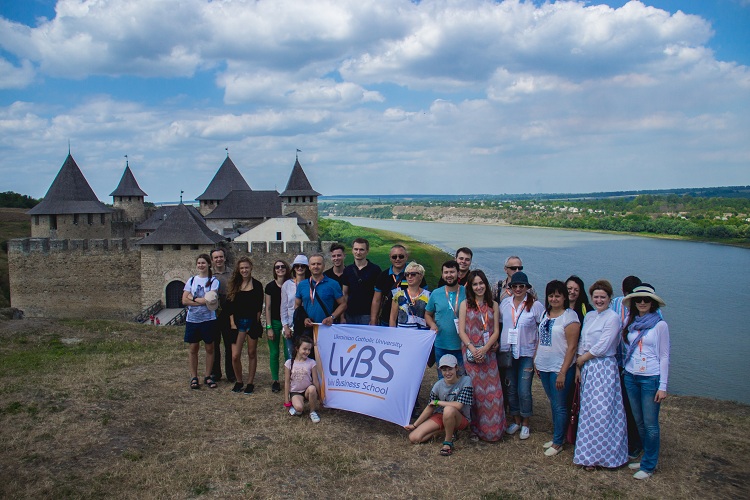The first one in a series of unique UCU Lviv Business School (LvBS) seminars about business and military strategy gathered representatives of business in a picturesque location of Kamianets-Podilskyi and Khotyn, where analyzing the Battle of Khotyn and ancient works on military strategy they looked for ways to develop their companies, improve their leadership qualities and come up with new ideas.
“The art of war is of vital importance to the State. It is a matter of life and death, a road either to safety or to ruin. Hence it is a subject of inquiry which can on no account be neglected”
Sun Tzu
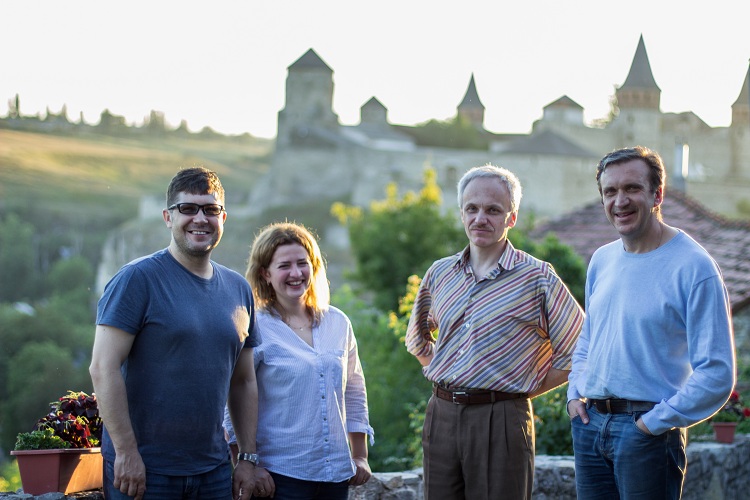
The participants of the seminar “Business as a Military Strategy: the Experience of the Battle of Khotyn” spent their first evening getting acquainted with the town of Kamianets-Podilskyi and its history.
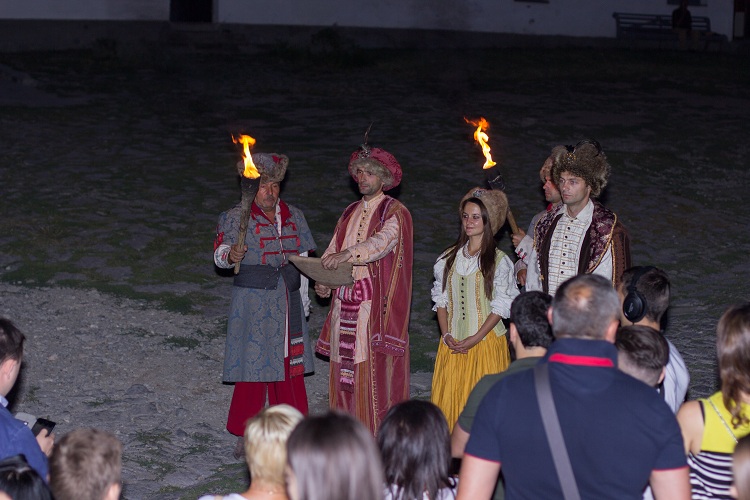
On the next day they got down to studying The Art of War, a famous treatise written in China over two thousand years ago. Serhii Lesniak, International Business teacher at LvBS, who completed first Ukrainian translation of the book, discussed the use of military strategies for business: “Considerable research has been conducted concerning the applications of military strategies in business, and not merely for negotiations or leadership techniques, but also for manufacturing, marketing and other fields, since these principles are universal.”
Sun Tzu’s book, according to Lesniak, was first translated into French, by the Jesuits. “It’s a very popular book on the whole. Even the US Marines study it. Not to mention its popularity in the business circles”, Lesniak emphasized.
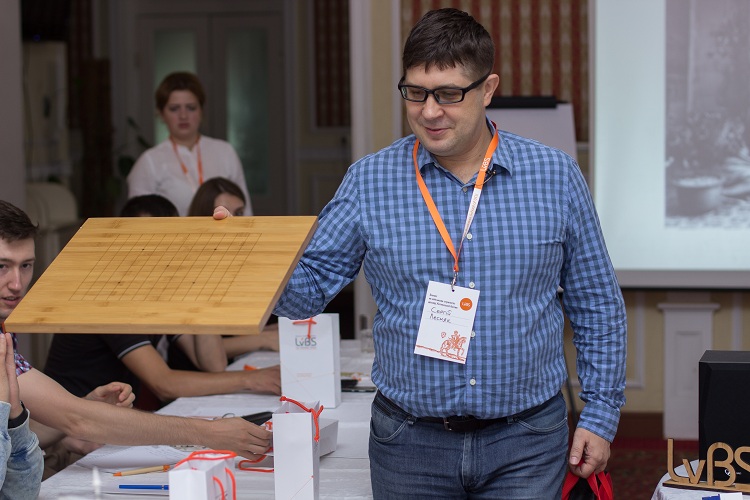
Here is a selection of the most interesting quotes from the lecture:
- Sometimes in order to solve a problem you have to divide it in half and solve each part in a different way.
- Sun Tzu was an advocate of a rapid response and believed that any delay in the decision-making leads to a defeat.
- As John Adams, one of the American Revolution leaders used to say, I have to study politics and war, so that our children can study mathematics.
- At the beginning of 1960s American school teacher Jane Elliot conducted an experiment, based on the eye color differences in children. She proved that “Until there are no divisions, people live in peace. As soon as divisions appear, people start to fight”.
- As Mao Zedong said: “Do not underestimate Sun Tzu’s words. Know yourself and know your enemy, and you will win a thousand battles”.
- Lincoln assembled himself a team of political rivals in order to test his decisions on them”.
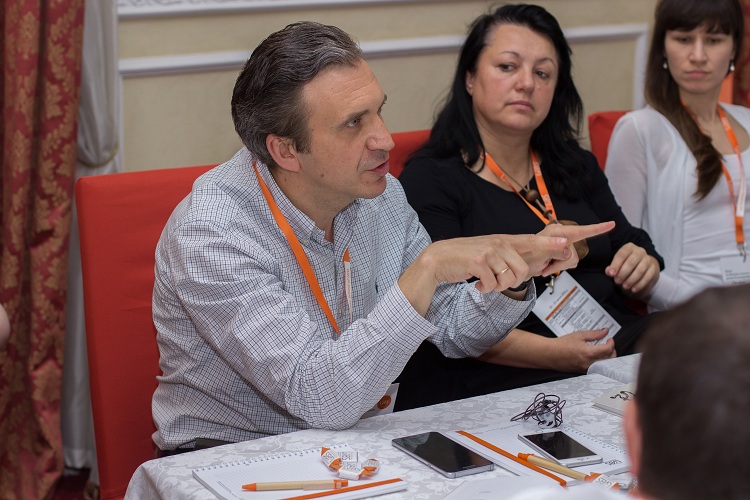
After the lecture in Kamianets Podilskyi the seminar participants set out for the Khotyn Fortress in order to study Ukrainian cases of military strategy and attempt at applying them to present-day business context.
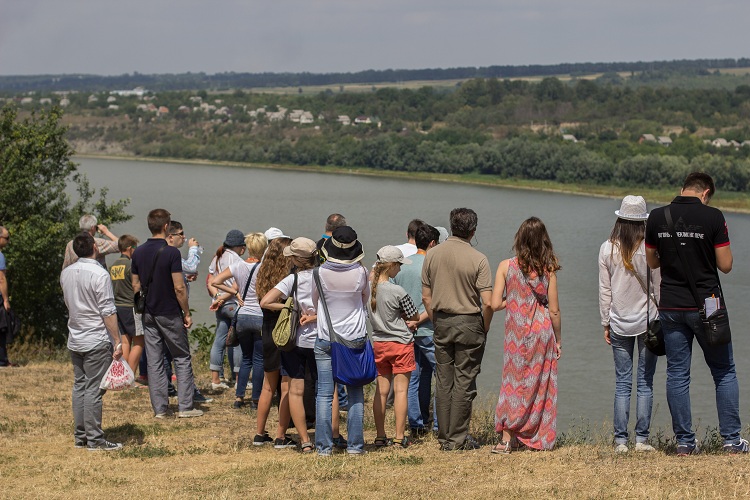
Vadym Zadunaiskyi, Doctor of Historical Sciences, Professor and researcher of Cossacks and Cossack martial arts, offered insights into the Battle of Khotyn of 1621. Following the historian, the seminar participants toured the premises of the fortress, where the battle took place, studied historical maps and projected the developments on site.
“Petro Sahaidachnyi, Hetman of the Cossacks was cunning and tough, and this was what helped him to lead Cossacks to greatest success”, the historian shared an example of a successful leader in the Ukrainian history. He also pointed out that Sahaidachnyi studied his adversaries and their experience, moreover, he knew well how to find efficient allies: “While looking for allies you come across new models of behavior and integrate them into the model of your own”.
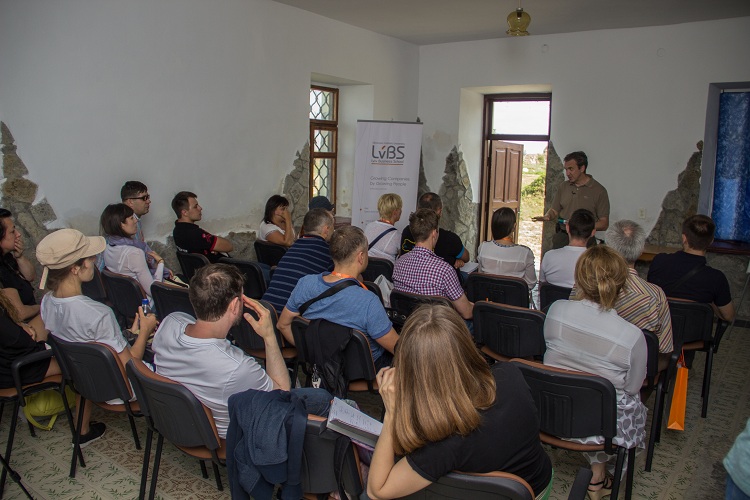
A practical session with Pavlo Sheremeta took place afterwards. Sheremeta explained that this program is very special to him not only because of inspiring location and an opportunity for a more thorough study of important historical events. “I came here with a firm intention of working out strategic steps for the business that I manage, while being away from Lviv and Kyiv”.
Jointly with Pavlo Sheremeta, the participants analyzed two previous lectures and as based on the result they arrived at the following management conclusions:
- Speed is an indispensable factor on the road to success.
- Final impetus: sometimes what we lack is making the last effort in order to achieve success. We should overcome both our reluctance and our fear of doing it.
- Leader: important qualities and competencies, experience.
- Be aware of the context, yourself and your opponent. Gather “intelligence” to have a better understanding of the world around you and the environment, where you work.
- Accumulate strength before you deal a blow. To gain a victory it’s important to avoid prematurely scattering efforts and resources.
- There’s a time to hurry, and a time to wait. Your decisions have to be timely.
- There is no strategy without an aim. Cultivate an understanding of why you do this or that. Develop a vision for the future. Follow your strategy.
- Strategic plans are always more important than tactical ones.
- Listen to the voice of a minority. Remember that an efficient team is characterized by the presence of a discussion.
- Remember about boundaries and keeping within reasonable limits.
- Avoid head-on collisions, especially if you’re lacking resources.
- It might be useful to exploit the resources of others. What is implied is not taking an advantage of somebody, but creating a partnership, cooperation on a voluntary basis.
- Work towards developing your network and partner relations.
- Stay flexible. You tactical solutions may change on the way to achieving your aim.
- Direct contact: make sure you have instant access to information, so that you can instantly move forward.
- Remain vigil. Remember that victories relax your vigilance.
Vadym Zadunaiskyi drew the following conclusions of the practical session: “It is important that these things that we studied are universal but also unique. It is this uniqueness that we wanted to channel into a practical direction through our joint effort.”
Serhii Lesniak added: “Cognitive mistakes of the past. We should always keep them in mind when analyzing our own business. We should be aware of the limitations, analyze them and constantly keep in check”.
Lviv Business School launched a round of seminars for management officials, employing a format novel to Ukrainian business education: learning through the study of battles and historical events, and projecting analogies onto the modern context. In present-day business we are looking for solutions addressing the experience of other countries and searching for ideas in new concepts and trends. For the first time in Ukraine LvBS offers a unique way to study management theories on the basis of Ukrainian history, and military experience of Ukrainian Cossacks in particular.
To find out more about the upcoming seminars, please, follow the news on our website lvbs.com.ua or on Facebook.
